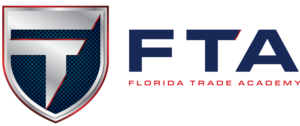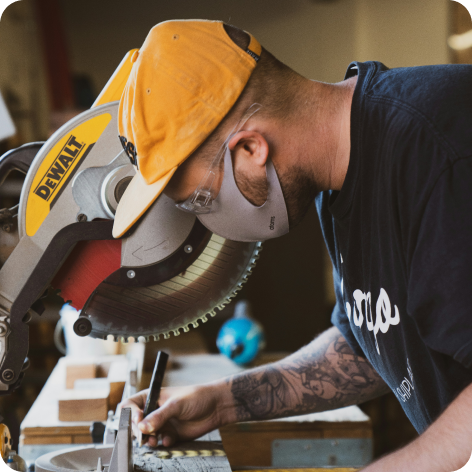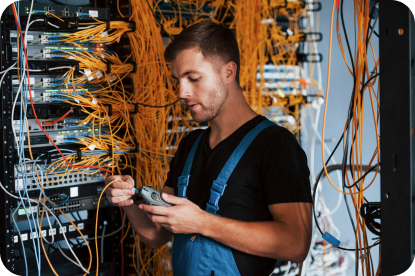EMPOWERING CAREER SUCCESS
At Florida Trade Academy, we are committed to addressing the evolving demands of today’s workforce by bridging the skills gap with high-quality, hands-on training. Our certified programs prepare individuals for successful careers in a variety of skilled trades, equipping them with the knowledge and experience necessary to thrive in a competitive job market.
Career Placement Consulting and Services
At Florida Trade Academy, we go beyond education and training by providing career connection opportunities. Our team works closely with graduates to connect them with employers, offering tailored recruitment and talent solutions that meet industry demands. By bridging the gap between skilled professionals and employers, we help ensure long-term success for both job seekers and hiring partners.


caring for communities
c.a.r.e. program
For employers, partnering with Florida Trade Academy means gaining access to a pool of highly skilled, motivated workers who are ready to contribute to your business from day one. Our unique C.A.R.E. (Career Advancement & Retention Excellence) wrap-around service model ensures that our graduates receive continuous support.

local support
This comprehensive support begins with connecting graduates to a Community-Based Agency located in the same county as their employer, creating a local team support system that helps facilitate a smooth transition into the workplace. Certificants who receive C.A.R.E. services are equipped for sustained success within your company, benefitting from comprehensive, ongoing support that reduces turnover and fosters employee loyalty.

financial aid & incentives
In addition to the benefits of having highly skilled and well-supported employees, employers can also take advantage of federal and state tax credits, as well as workforce development grants, to offset the costs of training. Apprenticeship programs with FTA can help ensure a steady pipeline of workers who are tailored to meet your company’s specific needs, promoting growth and operational efficiency.


join us in making a difference
At the Florida Trade Academy, we not only train the next generation of skilled professionals, but we also foster strong partnerships with businesses to shape the future of the trades.
CONTACT US